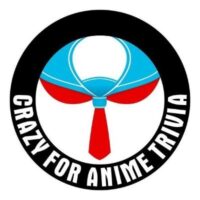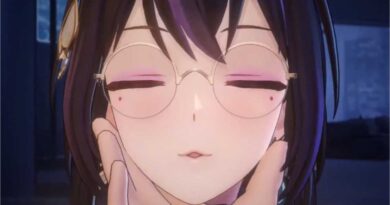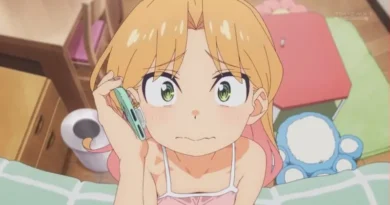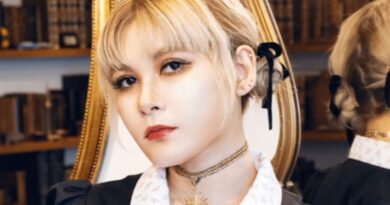Anime Remakes Are Growing in Criticism
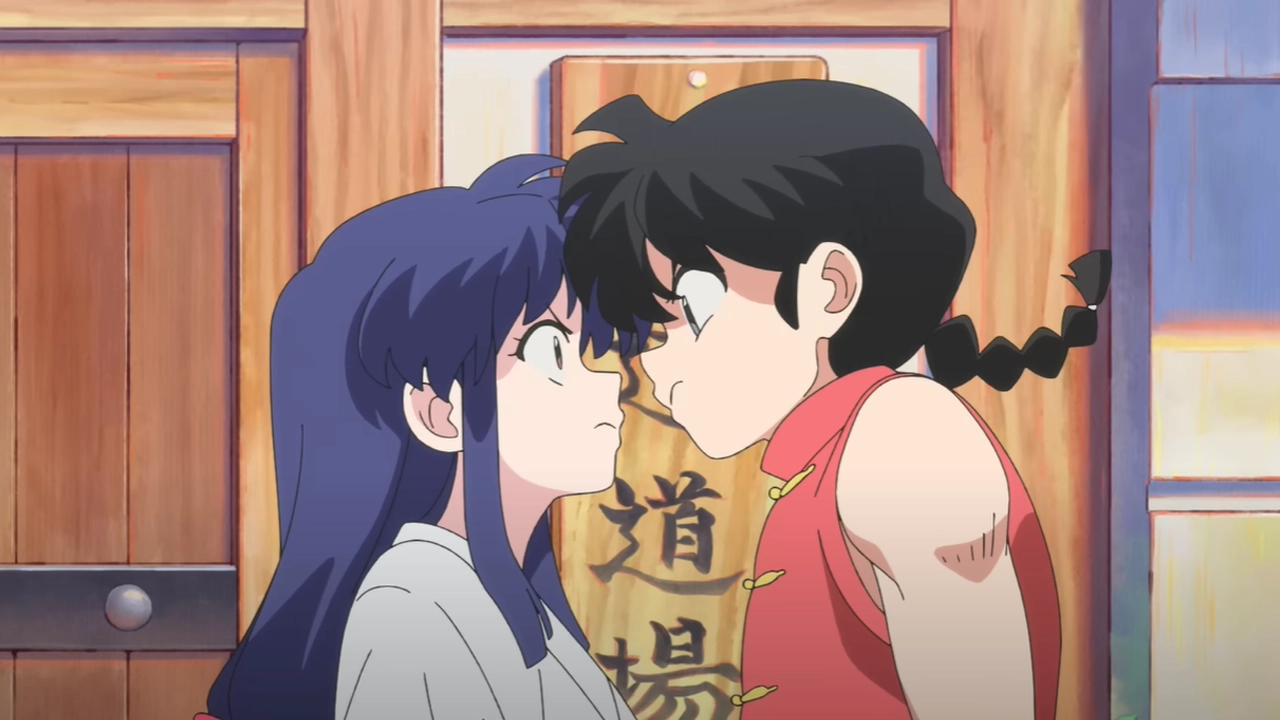
In recent years, remakes of classic anime from 20 to 30 years ago have gained popularity. This trend reflects both the nostalgic appeal and the studios’ focus on older audiences, as the number of younger viewers has declined. However, these remakes have sparked mixed reactions among fans.
Anime Remakes Are Growing in Criticism
While some remakes successfully capture the essence of the originals, others face criticism for significant changes, such as modernized art styles and altered voice casts. For instance, the Ranma ½ remake pleased fans with its returning cast but drew criticism for its art style, which felt “off” compared to the original.
Die-hard fans often voice dissatisfaction with elements they deem crucial:
- “The animation looks amazing, but some of the main voice actors were disappointing.”
- “I wish it retained the classic cel animation style.”
- “The character designs no longer capture the essence of the series.”
This sentiment is evident in other remakes, such as Dragon Quest: The Adventure of Dai and Tokyo Mew Mew. While the former featured stunning animation, its soundtrack and certain production choices failed to meet fan expectations.
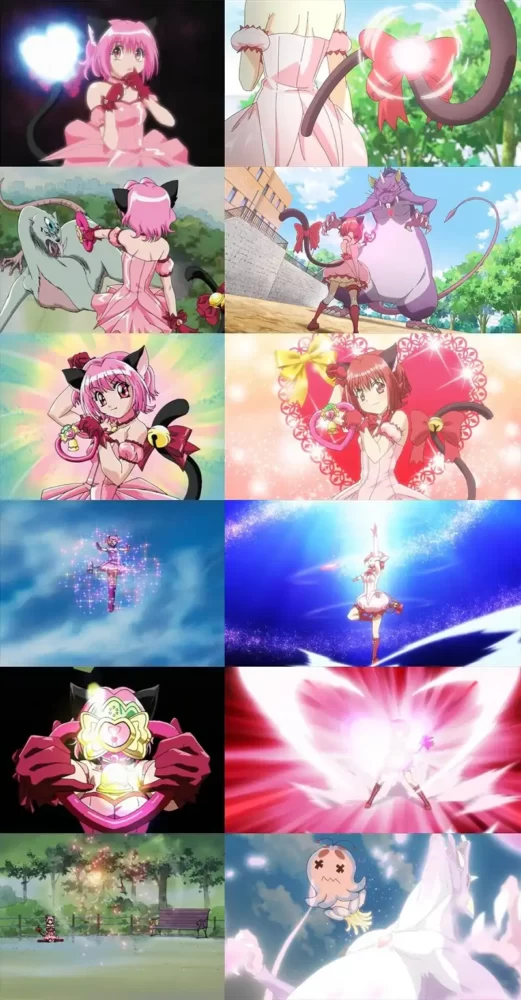
Why Does This Happen?
Creating a successful remake involves balancing the nostalgia of long-time fans with the expectations of newer audiences. However, younger viewers often lack the emotional connection to the original works, while veteran fans demand authenticity.
When Success Isn’t Enough
Even when the core content of a remake is well-received, failures in related projects, such as games or spin-offs, can tarnish its reputation. This was the case with The Adventure of Dai, where a faithful adaptation was overshadowed by poorly received games and media tie-ins.
Remakes are an opportunity to breathe new life into iconic works and attract new audiences, but their success hinges on honoring the essence that captivated original fans. What about you? Do you prefer the classics or updated versions?
via Você Sabia Anime
